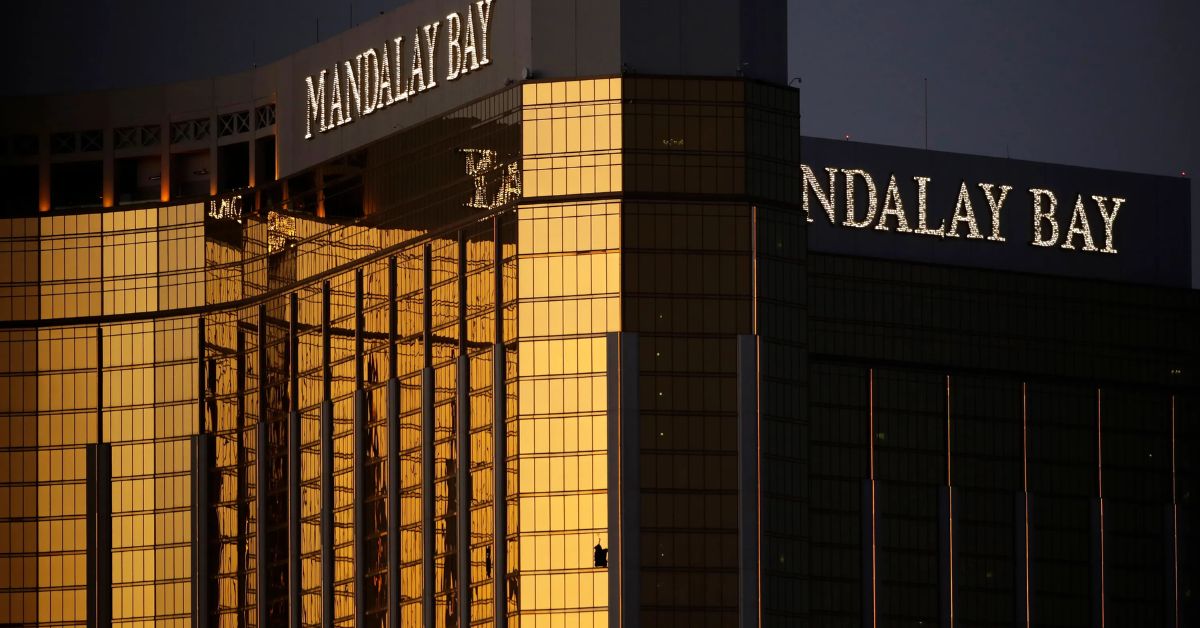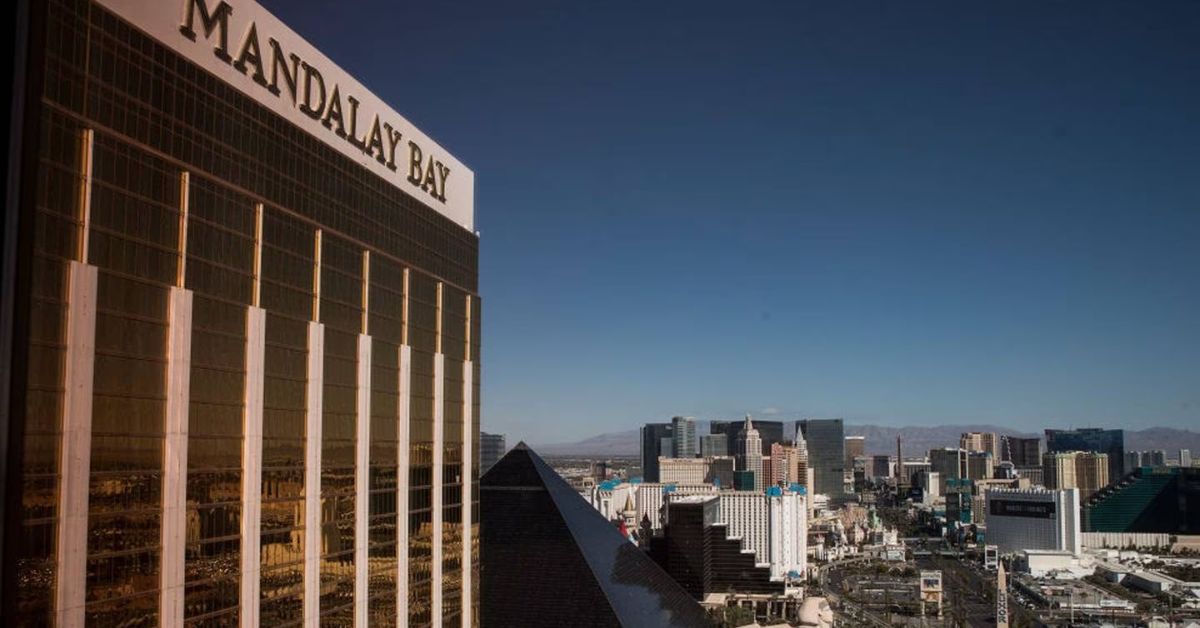The shooter who killed 58 people at a Las Vegas concert in 2017 was “extremely unhappy” with the treatment he received from casinos, according to newly disclosed records from the Federal Bureau of Investigation.
The documents present the most compelling evidence to date of a possible motivation for the worst mass shooting in modern American history. Regular gambler and video poker enthusiast Stephen Paddock, 64, took his own life at the Mandalay Bay Resort & Casino to avoid being captured.
The documents provide the most in-depth look to date into Paddock’s potential purpose and gambling habits, spanning the years before the shooting at the Route 91 Harvest Festival, when Paddock opened fire from his 32nd-floor windows, killing 58 people and wounding over 500.

A gambler who knew Paddock told the FBI, “Paddock was very upset at the way casinos were treating him and other high rollers,” This gambler noted that casinos had begun prohibiting high rollers from specific events, hotels, and casinos around three years before the shooting.
Paddock was a high roller, the gambler said, with a $2 million to $3 million bankroll who favored video poker. According to the report, Paddock had a friend who claimed that his stress over the treatment of high rollers may “possibly be what drove Paddock to snap.”
You are invited to check out the following linked articles as well:
- East High Shooter Committed Suicide With Ghost Gun After Failing Diversion Program
- Lawsuit Can Be Filed Against Kenosha Shooter Kyle Rittenhouse
- The Shooters Who Killed 6 People In Central California Are Still At Large
The Mandalay Bay hotel, Paddock’s acquaintance told the FBI, “was not treating Paddock well because a player of his status should have been on a higher floor in a penthouse suite.” The Wall Street Journal made a public records request, prompting the FBI to reveal their files last week.
Who was Stephen Paddock?
According to statistics provided to the FBI by the Nevada Gaming Authority, Paddock gambled hundreds of thousands of dollars in Las Vegas, Reno, and other Nevada facilities during about a decade prior to the attack.
For instance, in 2006, Paddock wagered almost $945,000 and won around $4,300 at the tables. Paddock made four bookings at Mandalay Bay Resort & Casino in the month of September, before the massacre on October 1, 2017.
The documents reveal that Paddock saw himself as a professional gambler and told an FBI informant that gambling had been his primary source of income in the three years leading up to the attack.
According to a source close to Paddock who did not wish to reveal their identity, “Paddock purchased a handgun out of concern that he had been earning a lot of cash and wanted it as a means of protection,” Paddock was reportedly blacklisted from numerous casinos because he “made too much money from them.” according to a source who spoke with the FBI.
Over the course of a year, the FBI’s Behavioral Analysis Unit assembled a team of specialists to investigate what led Paddock to fire over 1,000 bullets at the crowd in under 11 minutes. The investigation found “no one or evident motivating motive” for his actions.

Another woman interrogated by the FBI at the Tropicana hotel in Las Vegas said that Paddock frequented the establishment about once every three months. He would typically visit during the week.
She recalled that Paddock lost $38,000 during a stay from September 12-14, only weeks before the shooting. “Paddock only wanted to discuss gaming,” she said.
No Evidence of a Conspiracy
According to Las Vegas Sheriff Joe Lombardo, “no proof of conspiracy or a second gunman” and “no conclusive reason for the shooter” was found during a 10-month inquiry.
Based on an analysis of 14 of Paddock’s bank accounts, it was discovered that he had $2.1 million in September 2015 but only around $530,000 two years later, including debts paid to casinos.
Save our site, California Examiner, to your bookmarks and you’ll always have instantaneous access to the latest breaking news.




